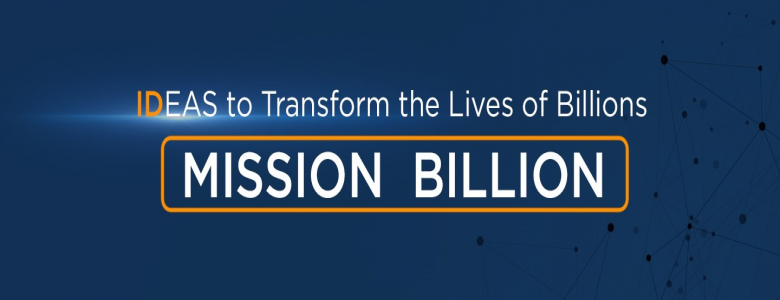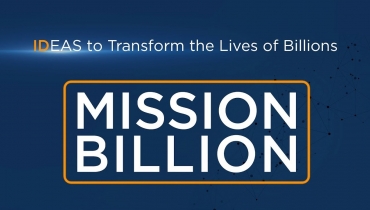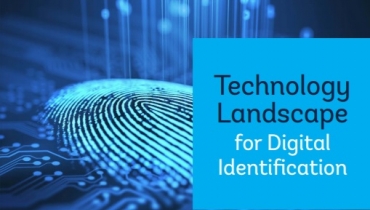The 'Privacy by Design' (PbD) approach advocates building privacy controls into the design of systems that collect, store, use, and disseminate personal data. These controls—which include laws and regulations, organization controls, and privacy-enhancing technologies—help ensure that privacy and data protection are the “default-setting” for ID systems throughout the identity lifecycle.
With Mission Billion, we hope to spur innovation specifically in the field of ‘privacy by design’ features that can be embedded into digital identification systems to reduce data protection risks and provide people, including those with low literacy, with greater control over their data – while accounting for low connectivity environments in which these ID systems need to operate.
For example, minimal data collection, randomized unique identity numbers allotment, and tokenization are examples of ‘privacy by design’ features being deployed in a few digital identification systems globally.
Below you will find useful resources. For example, the Privacy by Design paper synthesizes lessons learned about ‘privacy by design’ approaches in several countries, including Estonia, India and Austria. The Catalog of Technical Standards for Digital Identification Systems provides an overview of international standards that are relevant to identification systems. The Principles of Identification for Sustainable Development set out ten fundamental tenets for maximizing the benefits of identification systems, while mitigating many of the risks.








